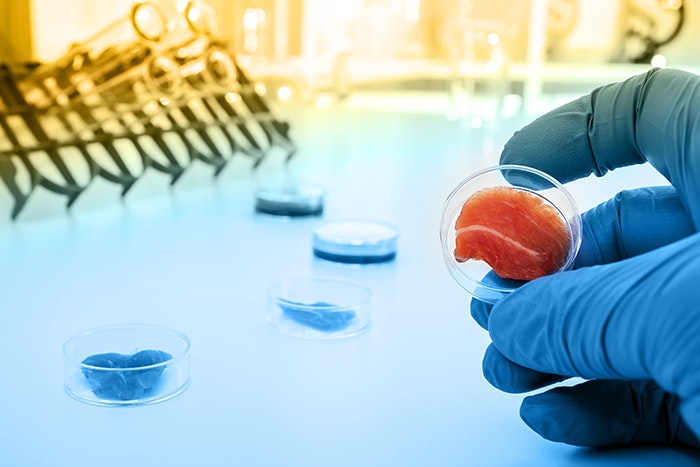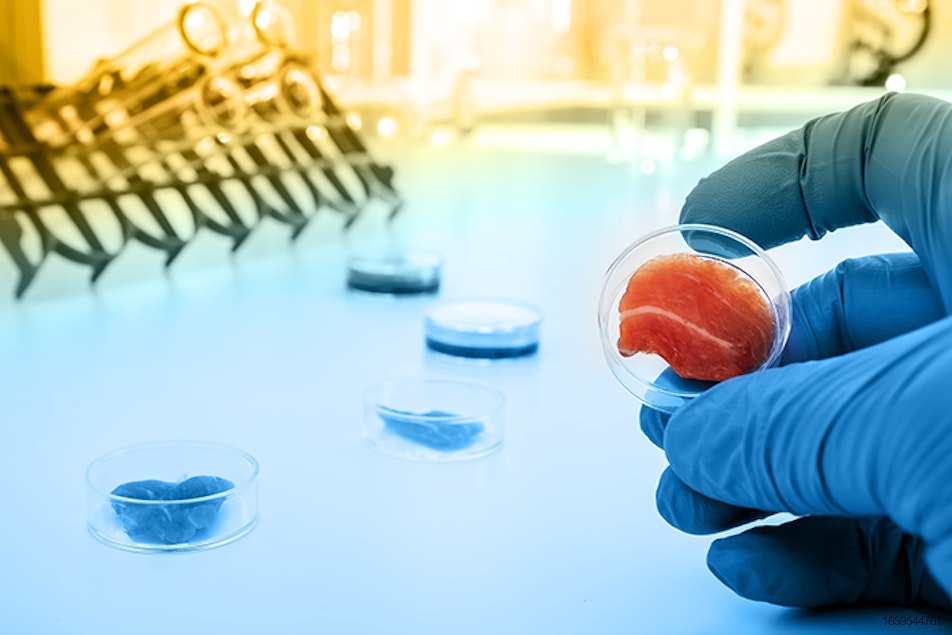
Though uncommon within the pet meals market, animal muscle tissue grown from cell cultures already has many names. Cell-cultured, lab-grown, slaughter-free, cultivated or in vitro meat goes by many aliases, every with completely different implications concerning the merchandise. Different features of cell-cultured meat are simply as advanced. Through the years, researchers have questioned the environmental sustainability of mobile agriculture, largely due to the quantity of power used to provide meat exterior of an animals’ physique. Though animal welfare advocates favor laboratories over feedlots, the broader results of cell-based meat may have unfavorable results on wildlife and interconnected ecosystems of the planet. Contemplating the significance of the surroundings to many pet house owners, mobile agriculture may have to cut back its carbon footprint earlier than pet meals consumers settle for the merchandise, at the same time as prices drop from the third of 1,000,000 {dollars} that the primary cell-cultured burger value in 2013.
Supporters consider cell-culture know-how will fulfill demand for animal muscle tissue with out the necessity for farms. Rising meat in vitro hypothetically may scale back air pollution and habitat loss related to rearing, slaughtering and transporting livestock. Together with useful resource use discount, animal rights advocates hope cell-cultured meat will lower demand for cattle, rooster and different livestock stored in captivity. Cell-cultured meats additionally scale back the possibility of zoonotic illness spreading from livestock and wild recreation to individuals. However, manufacturing of cell-cultured tissues requires specialised infrastructure, and the lifetime sustainability assessments of the merchandise want to include development and different start-up prices. Producing meat the old style method stays a lot cheaper than cell-cultured novel pet meals proteins.
Environmental results of mobile agriculture
Together with greater costs for shoppers, cell-based meats could take a heavier toll on the surroundings. The October 2023 situation of the journal Nature Meals targeted on mobile agriculture. In one of many articles, a researcher on the College of Helsinki, Finland detailed challenges to assessing the ecological results of the know-how. With mobile agriculture in its infancy, assessing the environmental impression of a full-grown business stays tough.
In an earlier research, scientists on the College of Oxford assessed the results of mobile agriculture on local weather change. Their findings instructed that, over the long run, cultured meat manufacturing strategies could require giant sufficient power inputs that the know-how may enhance world warming greater than some kinds of cattle farming. Their evaluation assumed that power manufacturing remained depending on fossil fuels. If individuals transition to renewable assets, the power calls for of mobile agriculture turn out to be much less of an issue. The Oxford scientists simulated carbon dioxide (CO2), methane (CH4), and nitrous oxide (N2O) produced on account of beef from cattle versus cell-cultured meat, and in contrast how world temperatures would rise.
“Cattle techniques are related to the manufacturing of all three greenhouse gases above, together with vital emissions of CH4, whereas cultured meat emissions are virtually completely CO2 from power technology,” the scientists wrote in a 2019 paper printed in Frontiers in Sustainable Meals Methods. “Underneath steady excessive world consumption, cultured meat ends in much less warming than cattle initially, however this hole narrows in the long run and in some instances cattle manufacturing causes far much less warming, as CH4 emissions don’t accumulate, not like CO2.”
Whereas future developments in mobile agriculture could possibly beat typical livestock at useful resource conservation and decreasing greenhouse gasoline emissions, present applied sciences have restricted environmental sustainability credibility. Particularly for pet meals, plant-, fungus- and insect-based protein sources could stay the ecological decisions into the close to future.


